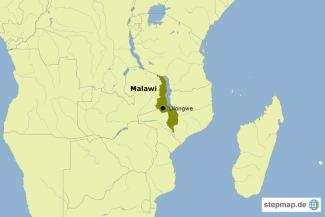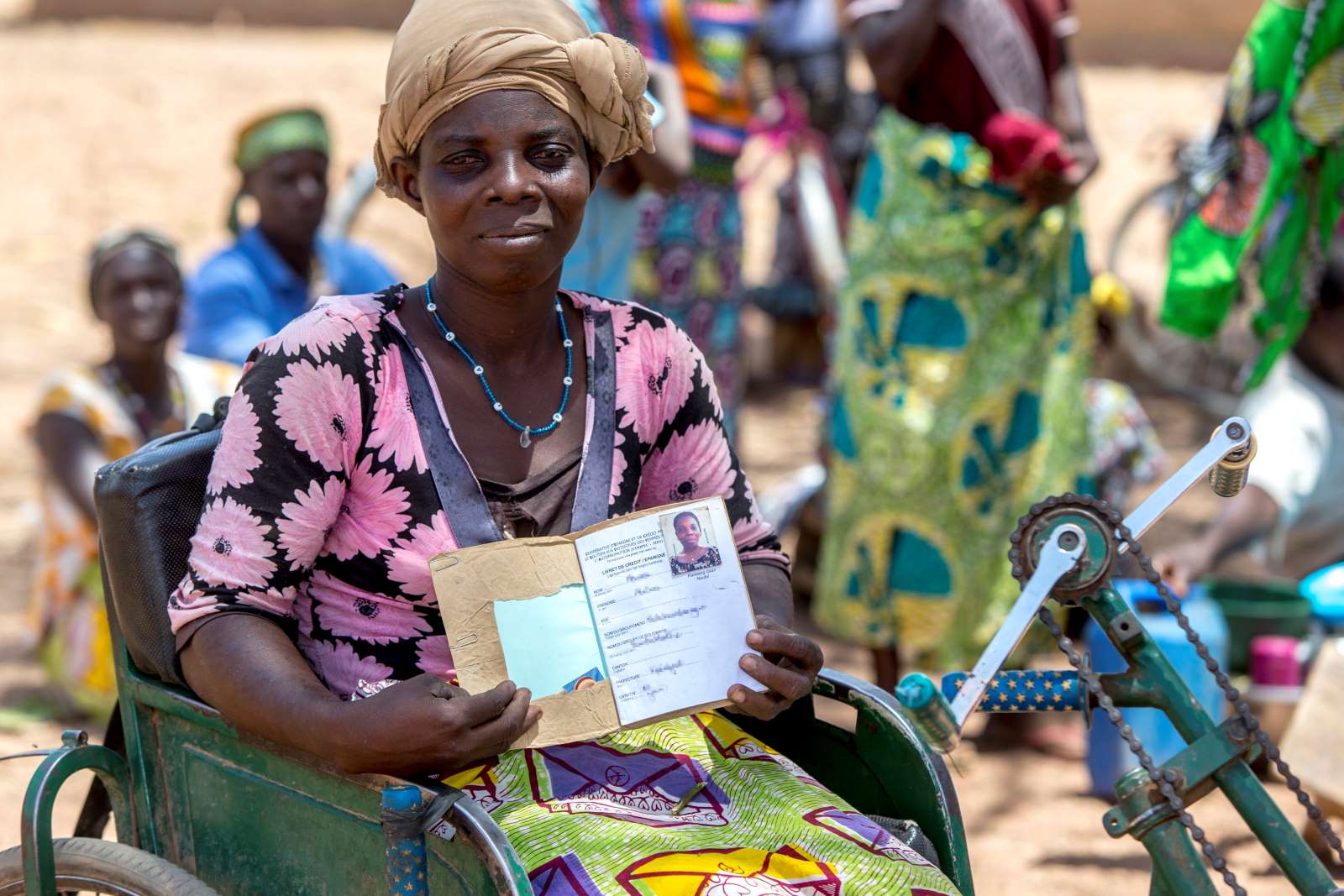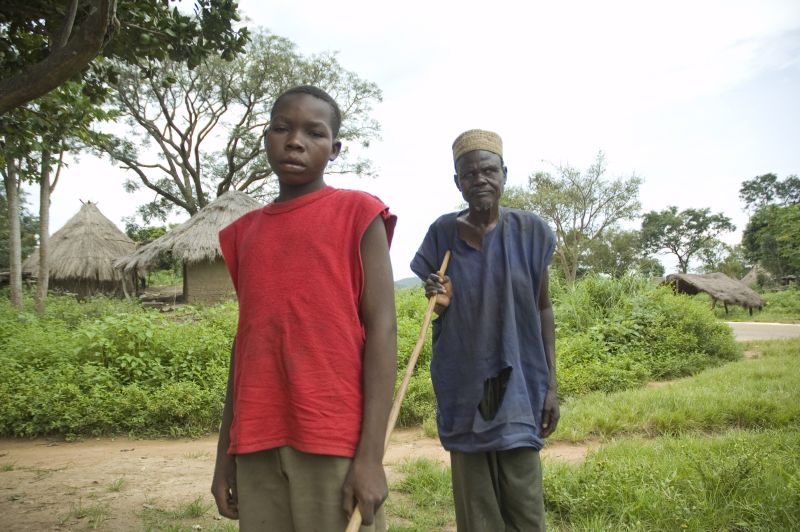Hygiene
No water in hospitals

Several factors account for Malawi’s acute water shortages. “One of the reasons is that our rivers and streams have dried up due to many droughts. Even some of the boreholes do not function,” says Janet Shaibu, chairperson of Chindamba borehole committee in Machinga district, one of the hardest hit areas.
Besides climate change, increasing human activity due to population growth has put a lot of stress on the environment. Deforestation is very common. Many locals depend on charcoal for fuel. This is made by burning trees to form a black flammable substance.
Water shortages in hospitals are also caused by inadequate water infrastructure. Many health facilities rely on ground drilled water boreholes. However, boreholes often break down within two years of their installation, in part because the water table is getting lower.
Eneles Ndaipa recalls her experience with the community’s water supply. She says that when she bore her first child 15 years ago, she was asked to bring a bucket of water to the hospital because Chikwewo health centre, located in Zomba district in southern Malawi, had no running water. “When I was due for delivery my mother and I left our home with a bucket of water which we drew from a nearby water well,” she says.
WaterAid, an international non-government organisation with funding from the Scottish government, has made things better now. When Ndaipa went to deliver her third child, she found that the health centre had installed water storage tanks. A water well has been drilled nearby. Water pumps, pipes and tanks have been installed to supply the hospital and workers’ homes. “It is fine now. We have water and the taps are not drying at all,” says Ndaipa.
But in other hospitals, water is scarce. In Malawi 24 % of the country’s public health facilities are running without water, according to WaterAid. Patients and their attendants are often asked to bring in buckets of water for use.
Mercy Masoo, WaterAid country director, warns: “This is a crisis. We have an outbreak of cholera which is not usual this time of the year. But all this points to one thing; people don’t have access to clean water in their homes.” WaterAid tries to improve the situation and is providing piped water to health facilities, but there is still a lot to do.
Raphael Mweninguwe is a freelance journalist based in Malawi.
raphael.mweninguwe@hotmail.com











